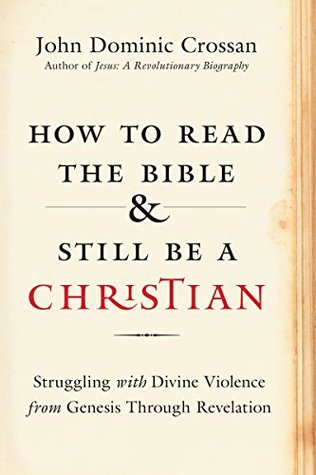More on this book
Community
Kindle Notes & Highlights
Read between
January 2 - January 9, 2018
Hence the biblical tradition can accept extreme poverty as sometimes necessary (for example, during the Exodus from Egypt) but not extreme inequality. Imagine, it thinks, of entering a peasant household and finding some of the children starving while others are overfed. That is the obscenity haunting the biblical imagination, causing its God to demand adequacy for all and enough for each.
Throughout the biblical story, from Genesis to Revelation, every radical challenge from the biblical God is both asserted and then subverted by its receiving communities—be they earliest Israelites or latest Christians. That pattern of assertion-and-subversion, that rhythm of expansion-and-contraction, is like the systole-and-diastole cycle of the human heart.
The Christian Bible is actually a small library disguised as a book but presented as a story.
Think of Genesis 2–3 as a divine challenge or an evolutionary wager. There exists one single species protected from destroying itself and/or its world only by deliberate conscience rather than by automatic instinct. What do you think is going to happen and how will the story end?
From all of this, I take these four conclusions about “original sin” in the Bible. First, according to the explicit text of the Bible, “sin” occurred originally not in the divine garden of Genesis 2–3 but in the human field of Genesis 4. Second, “sin” in Genesis 4 is not a flaw in creation but in civilization, a fault not in nature but in culture. Third, original sin is not about individuals and sex but about communities and violence. It is about humanity’s penchant for escalatory violence as its drug of choice. Fourth, sin is not inescapable or irresistible: “you will rule over it,” says God
...more
As I use those two terms, by the way, consequences flow internally from an act, whereas punishments flow externally from it.
To reject Wisdom is not to break an external law and bring about divine punishments, but to destroy our internal character and bring about human consequences.
God’s Kingdom comes only in so far as people take it upon themselves or enter into it.
For Jesus, seeing humans as God’s children derives from his fundamental vision of God as householder of the universal family in the world home. For example, in what some Christians call the Lord’s Prayer, the term “Father” (Matt. 6:9 = Luke 11:2) is a patriarchal presumption, and a cultural misnomer, for “householder.”
Take, for example, our human self. We are body and soul, flesh and spirit. But when they are separated from one another, we do not get both—we get neither; we get a physical corpse. So it is with justice and love. Justice is the body of love, and love is the soul of justice. Separate them and you do not get both—you get neither; you get a moral corpse. Justice is the flesh of love, and love is the spirit of justice. Think about this for a moment.
Justice without love may end in brutality, but love without justice must end in banality. Love empowers justice, and justice embodies love. Keep both, or get neither.


